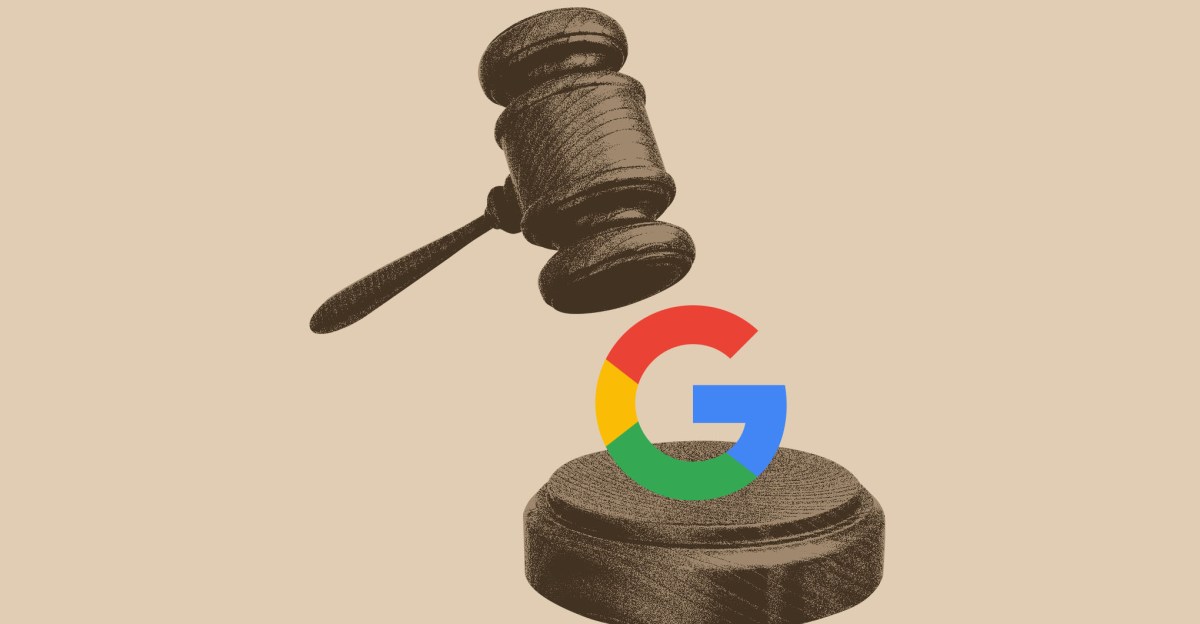Penske Media alleges Google's AI Overviews and AI generated summaries divert clicks and ad revenue from publishers. The lawsuit raises antitrust claims and questions about publisher rights, compensation, news publisher SEO, and the future of digital publishing in an AI driven search world.

When you search for news on Google you may notice short AI generated summaries at the top of results. What looks like a win for user convenience may be a serious problem for publishers. Penske Media Corporation which owns Rolling Stone has filed a publisher lawsuit against Google over its AI Overviews feature claiming these AI summaries siphon clicks and ad revenue that would otherwise go to original publisher sites. This case could change how search engines use AI generated article summary and how publishers get compensated for their work.
Google introduced AI Overviews as part of a push to integrate generative AI into the search experience. These AI news summaries appear above traditional results and often provide a concise answer without requiring a click through to the source. While Google says this improves user experience publishers worry about search traffic loss and publisher revenue decline.
Traditional digital publishing depends on page views and ad impressions. When readers get their information from AI Overviews instead of visiting original articles publishers lose ad revenue and audience data. Many news organizations report drops in referral traffic since AI generated summaries became common which has fueled concerns about the sustainability of high quality journalism.
This legal challenge comes at a crucial moment for news publishers and digital publishers more broadly. If courts side with Penske it could force Google and other search providers to negotiate publisher compensation or obtain permission before using news content in AI generated summaries. That outcome could establish new norms for AI content licensing and publisher revenue share.
For search engine optimization news publisher SEO will need to adapt. Recommendations include optimizing for AI Overviews with clear concise answers using question style headings improving EEAT signals with author credentials and sourcing and implementing Article and NewsArticle structured data. Publishers should also monitor news site traffic statistics and diversify revenue streams to reduce reliance on search referrals.
If Google prevails the trend toward AI driven search experiences may accelerate forcing publishers to rethink distribution and monetization strategies. The case may also trigger more legal challenges and regulatory scrutiny around antitrust in digital news and around AI summary lawsuit claims.
How do AI Overviews affect publishers?
AI Overviews can reduce click through to original articles which lowers ad impressions and referral revenue for publishers.
What is Penske asking for in the lawsuit?
Penske seeks remedies for alleged revenue loss and legal recognition that publishers must be compensated or consent must be obtained before their content is used in AI generated summaries. The case also raises antitrust claims about Google using its market power in search.
Can publishers optimize to appear in AI Overviews?
Yes publishers can improve chances by writing clear concise answers to common questions using question style headings improving EEAT signals and adding NewsArticle structured data. However optimization may not fully replace lost traffic if AI summaries satisfy user queries without clicks.
Penske Media Corporation's lawsuit against Google is more than a fight over ad revenue. It is a test case about publisher rights AI generated summaries and the balance between user convenience and the economic survival of journalism. Regardless of the outcome publishers and businesses that depend on web traffic should treat this as a signal to diversify revenue and strengthen direct relationships with readers. The relationship between AI search features and content creators is being redefined and this case could set important precedents for how AI uses copyrighted news content.



